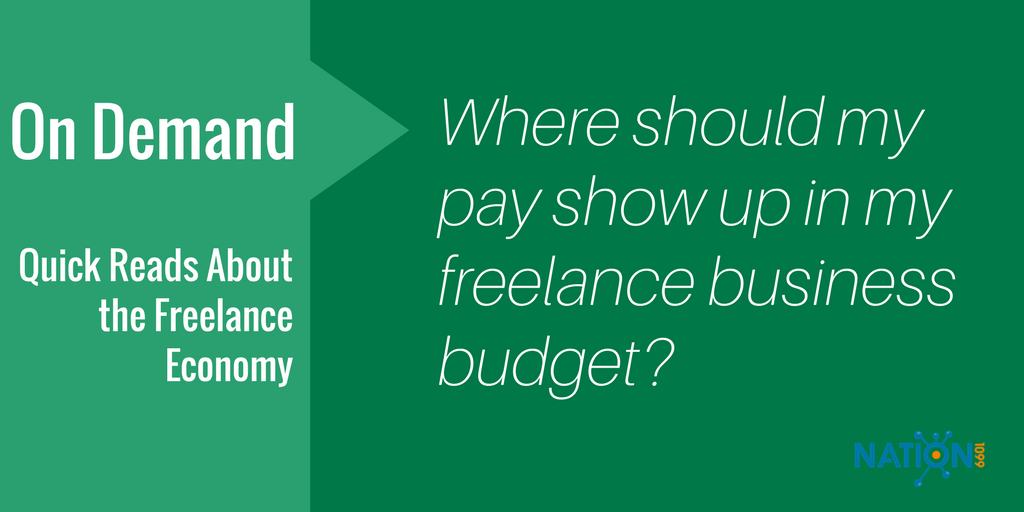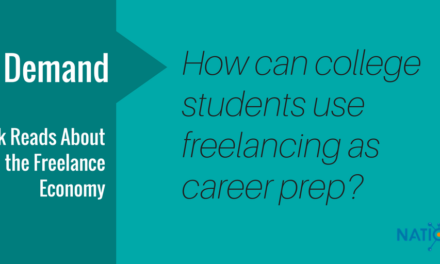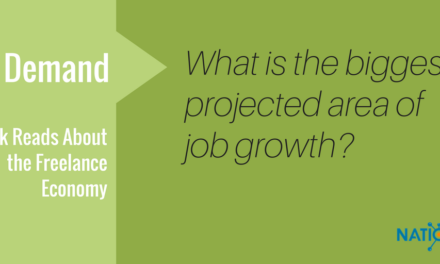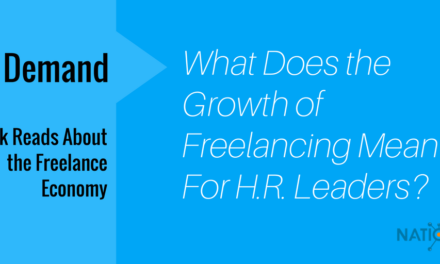What are the best ways to manage my freelance business budget when my income changes each month?
The rewards of freelancing are terrific, but the ups and downs in your income can be scary. Over time, experienced freelancers learn to build their businesses to get steady income, but in the meantime, how do you manage the slow periods? It’s all in the budgeting.
One essential method is to have two lines in your freelance business budget for paying yourself. Label one budget line as “owner’s salary,” and label the other budget line as “owner’s profit.”
The salary line is like payroll for an employee and indicates what you are committing to pay yourself on a regular basis no matter what. That number should be realistic about what you will be able to do when business is slow.
Your “salary” line might therefore be a pretty low. Barely enough to live in maybe, at least at the start of your freelance business. You’re aiming for a number that is realistic and that you can survive on.
The owner’s profit line indicates what you’ll take out of the receipts if everything goes as well as you hope. You might pay yourself the profit as a one-time bonus at the end of the year, or you might pay yourself quarterly dividends.
Keep in mind that the owner’s profit that you pay yourself may not be the total profit. You may decide to reinvest some of the profits back into the business.
So, for example, let’s say that after operating expenses and after paying yourself the salary, you project the business will have $40,000 profit. You might decide to budget $10,000 of that for some support next year that will help you grow the business. (See this article on freelancers hiring freelancers for more advice on that.) And you might want to plan on putting aside another $10,000 as operating reserve so next year you will fewer cash flow problems month-to-month.
That would leave $20,000 that you are planning to pay yourself in owner’s profit. That’s your plan to get from surviving to thriving.
At the end of the year, if you didn’t meet your budget projections or if you exceeded them, then you need to plan differently for next year.
Think of it this way. As a freelancer, you are essentially a business where you are both the labor/employee and the investor/owner.
As the employee you need to get paid regularly.
As the owner you need to get rewarded for the risk you are taking.
Put both of those concepts in your freelance business budget and attach realistic projections to each of them.










